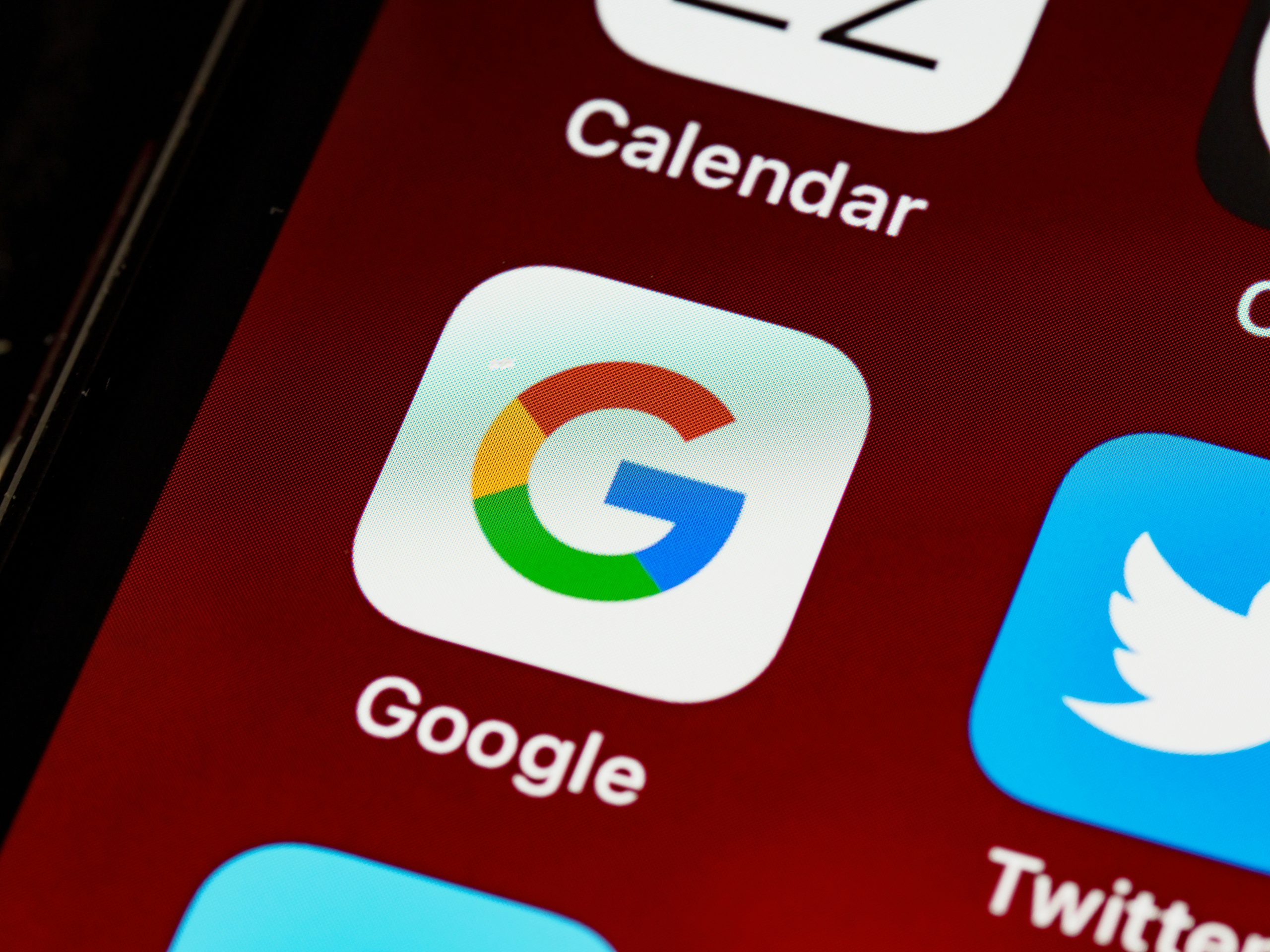💻 Florida on the Verge of Imposing Restrictive Bans on Social Media for Minors: Examining the Implications
Florida Legislature Passes Landmark Bill, Sending it to Governor DeSantis to Impose Stricter Bans on Social Media Use for Individuals Under 16
Florida’s bill limiting minors’ social media use sent to governor.
Last Updated: Feb 23, 2024
Introduction
Florida is poised to enact one of the country’s most stringent restrictions on social media use by minors. A bill that aims to prohibit children under 16 from accessing popular social media platforms, even with parental consent, has successfully passed through both the Florida House and Senate. The proposed legislation now awaits the approval of Republican Governor Ron DeSantis, who has expressed reservations about the measure in the past. If signed into law, this groundbreaking legislation will have far-reaching implications for both tech companies and parents alike.
The Battle in the Sunshine State
The Florida House demonstrated overwhelming support for the bill, with a decisive 108-7 vote. This endorsement came after the Senate approved the bill with a narrower margin of 23-14. Amendments made by the Senate attempted to ease Governor DeSantis’ concerns regarding privacy. Republican Speaker Paul Renner played a pivotal role in addressing these concerns, emphasizing the importance of safeguarding user privacy throughout the legislative process.
A Call to Action Against Social Media Pitfalls
This pioneering legislation specifically targets social media platforms that engage in user activity tracking, allow children to post content, facilitate user interactions, and employ addictive features designed to encourage excessive use. Proponents of the bill, such as Republican Senator Erin Grall, argue that such measures are necessary to combat the adverse effects social media has on children. These effects include increased suicide rates, cyberbullying, and exploitation by predators.
Florida Breaks the Mold
While other states have considered similar initiatives, Florida’s proposal stands out for its comprehensive ban rooted in the addictive nature of specific social media features. They include notification alerts and autoplay videos that aim to capture users’ attention and incentivize overuse. Enacting this legislation allows Florida policymakers to circumvent legal challenges by focusing on the platforms’ mechanisms rather than the content they host.
Balancing Free Speech and Protection
Critics of the bill argue that it could potentially infringe upon First Amendment rights and encroach upon parental authority in monitoring their children’s online activities. Democratic state Senator Jason Pizzo voiced his concerns, stating that parents, rather than the government, should bear the responsibility of regulating children’s social media usage. It is vital to strike a balance between protecting children and safeguarding free speech and parental autonomy in this digital age.
Governor DeSantis’ Dilemma
Governor DeSantis, while recognizing the potential harm social media can cause teenagers, emphasizes the importance of parental involvement in overseeing their children’s online presence. Though he maintains certain reservations, Speaker Renner remains optimistic that the final version of the bill, which adeptly addresses concerns about user anonymity, will gain the governor’s approval.
The Ripple Effect
This proposed legislation has sparked a vigorous debate among parents. Angela Perry from central Florida, for instance, supports the bill’s intent but raises questions about its potential intrusion into parental rights. The bill’s ultimate passage into law could set significant precedents, potentially influencing other states to consider implementing comparable restrictions on social media use for minors.
Q&A Section
Q1: What might be the impact of this law on social media companies and tech giants operating in Florida?
If the bill is passed into law, social media companies will face the obligation to terminate accounts believed to be operated by minors and comply with requests from minors or their parents to close accounts and delete associated data. This would require significant adjustments to their platforms and necessitate rigorous age verification measures. Moreover, these companies may experience a dip in user engagement if the prohibition on addictive features is strictly enforced.
Q2: How can parents ensure their children’s safety on social media without government intervention?
While government regulations can contribute to safeguarding children, parents should actively engage in their children’s online activities. Open lines of communication and educating children about the potential risks and threats on social media platforms are crucial. Utilizing parental control settings and monitoring tools can also help parents ensure the safety of their children without relying solely on government intervention.
References
- The Associated Press – Florida Advances Bill to Restrict Social Media Use by Minors
- Article on the Impact of Social Media on Children – Adverse Effects of Social Media on Children
- Insight into Tech Executives’ Readiness for AI Initiatives – Tech Executives’ AI Readiness
Author’s Bio: Maxwell Nelson, a distinguished freelance journalist and seasoned content strategist, has made noteworthy contributions to leading platforms such as Cointelegraph, OKX Insights, and Decrypt. His ability to weave intricate crypto narratives into insightful articles has earned him a broad readership.
For the latest tech news and updates, follow us on Twitter and Facebook. Don’t forget to share this article with your friends! 👍






